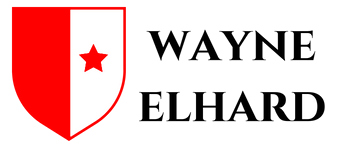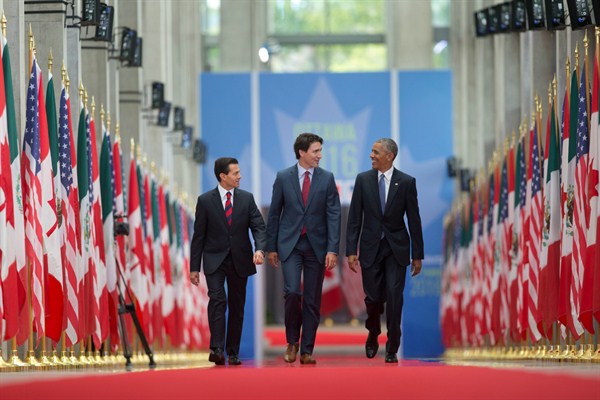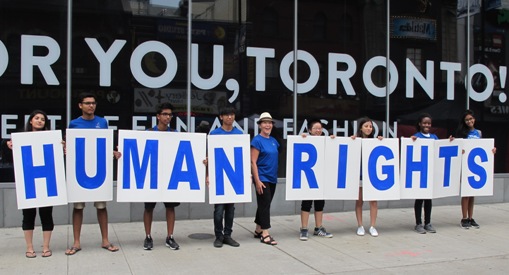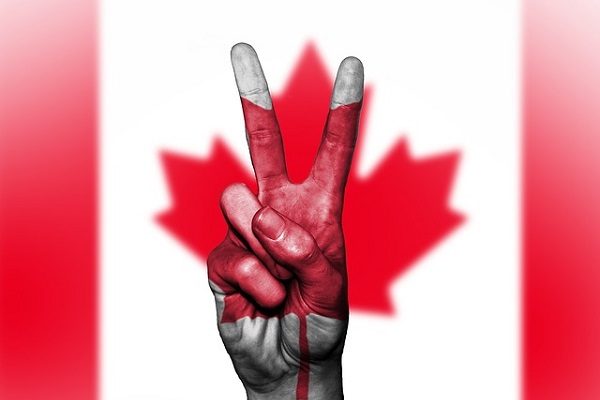Canada is a constitutional monarchy with democratic traditions. Like many countries, Canada also has a complex political system to suit the country’s needs. The government of Canada has three levels of government where each level of the government has different functions. The three levels are as follows:
- Federal Government: This wing of the government is responsible for things that affect the entire country like citizenship and immigration, national interests such as defence and trade.
- Provincial Government (including territories): This wing is responsible for things like education, healthcare and infrastructure.
- Municipal Government (Local): This wing is responsible for local matters like firefighting and city street management. It is possible that some places do not have a local government and in that instance, the province decides instead.
These levels can be further divided into parts that are responsible for certain functions.
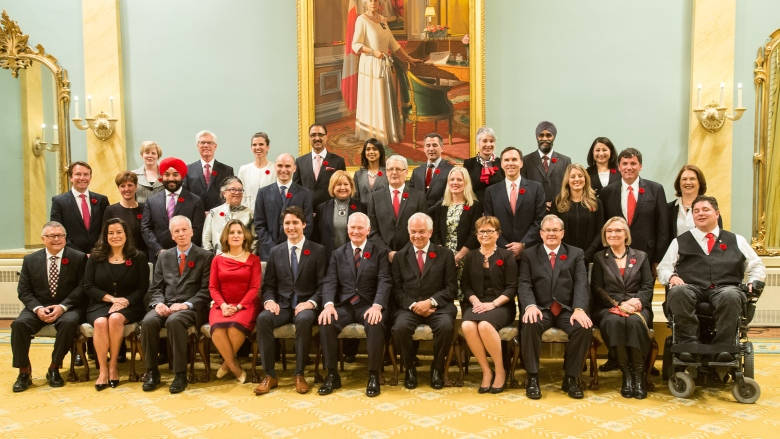
At The Federal Level
- The Queen:
The Queen is the formal head of the state and. In Canada, the Governor General represents the Queen and carries out the duties of the head of the state. The current Queen is Elizabeth II.
- The House of Commons:
The House of Commons is responsible for making the laws in Canada. The members of the House are elected by the citizens and are called Members of Parliament (MPs). These members usually have affiliations with some political party and the party with the most number of MPs from the ruling party and its leader the Prime Minister.
- The Prime Minister:
The Prime Minister is the leader of the ruling party and the head of the government in the country. The Prime Minister chooses his cabinet from the MPs and they are responsible for subjects like healthcare, education and immigration. The cabinet is responsible for the important decisions about government policy and general functioning of the government.
- The Senate
The Senate is responsible for reviewing the laws proposed by the House of Commons. The Senate is made up of senators that are appointed by the Prime Minister.
At the Provincial Level
- There is a Lieutenant Governor who represents the Queen of Canada.
- There is a legislative assembly that is responsible for making laws in a province. The members of the assembly are picked by the people of the province and are called Members of Provincial Parliament (MPPs)
- The political party which has the majority in the Legislative Assembly forms the government and its leader becomes the premier. The premier is the head of the government in a province.
- The premier then picks MPPs as members of the cabinet who then makes government policies and laws for consideration by the Legislative Assembly.
At the Municipal Level
- The local government defines the structures, finances, and management of cities, towns and villages.
- The residents of a particular municipality elect a mayor and other council members to lead the local government. These councillors form committees to discuss budget, services and other problems that are passed down to the council for deliberation. Business owners and other citizens can voice their concerns to these committees at committee meetings.
- A bunch of municipalities can form a larger county or a regional government too.
